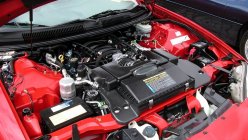1. Why is my car not accelerating on high RPMs?
Car ownership, especially if your car is a bit older, is not all sunshine and rainbows. For some very rare occasions, this can happen even if the car is brand new, and more often than not, bad things also happen after you install modifications.
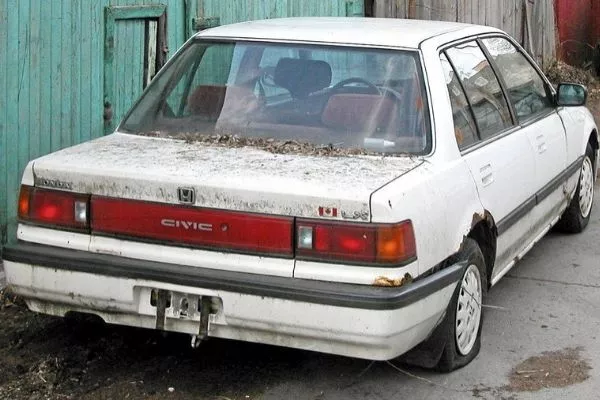
Old cars are awesome but they do need looking after especially particularly old ones
One of the more common problems especially driving on high mileage vehicles is experiencing transmission slippage.
This is commonly manifested by slow to no accelerations whilst your car’s engine is revving and no matter how hard you press the accelerator, nothing much happens except further increasing your engine’s RPMs and engine noise.
This may also happen in varying degrees wherein when you change gears, slippage occurs but then it returns to normal afterward. A worse symptom, however, is when the clutch really can’t grab hold of the gears.
You might be able to drive when you experience the former, we do not recommend it.
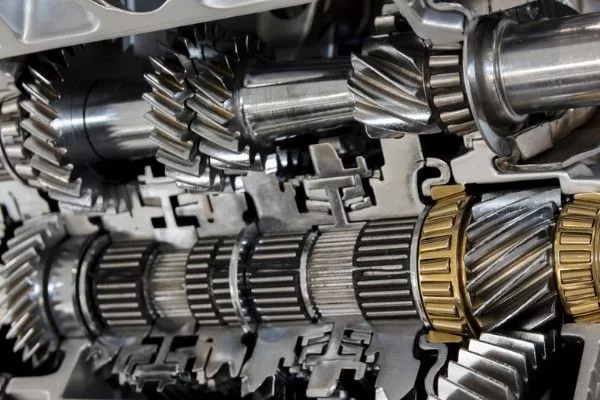
Transmissions are complicated and boy, a lot will potentially break if you're very careless
Don’t worry though, because the transmission slipping problem is very common. As such, it has a lot of solutions you can do to fix it. Despite being common though, transmission slipping is a troublesome sign.
Whether be it on a manual or on an automatic, not addressing this problem may lead to full-blown transmission failure and it might even jeopardize your safety on the road.
2. Reasons why transmission slippage happens
There are a couple of reasons as to why transmission slippage occurs. Get guess what, neither automatic cars nor manual cars are safe. Here are some of those reasons;
- Low transmission fluid level – Like most moving parts inside a vehicle or in any other machine, the transmission needs oil to prevent friction, heat build-up, and premature wear and tear.
- The transmission filter might be clogged up - Like car oil, transmission oil needs a filter to prevent sediment and other nasties to damage its moving parts. As such, the transmission oil filter can also get clogged. This is especially true with older, high mileage vehicles.
- Low transmission fluid pressure – Without a positive pressure, the oil cannot travel effectively in the different parts of the transmission thus causing friction.
- Worn clutch - On modern vehicles, clutch and other related parts are subject to continuous rotational forces, and in particular with the clutch assembly; a lot of friction. If they get worn out, gears might not be “caught” by the clutch plate. In short, it’s as if your transmission is always shifting to neutral.
- Fluid Leak – If there’s a fluid leak present, then you might smell burning. If this happens, stop driving immediately to prevent further damage to the transmission. If your car has a transmission oil dipstick, then check that too.
>>> You might like to check: Top 4 essential fluids in your car
If you thought that CVTs or continuously variable transmissions are spared from transmission slippage then think again.
Now CVTs, which are becoming more and more common today, are controlled by a car’s computer. By virtue of being a computer, CVTs can be more efficient in terms of power delivery and fuel economy. However like most computers, sometimes things go wrong. Trouble could also stem from the fact that the CVT itself isn’t modulating correctly, the CVT belt snapped, the fluid is dirty, a valve got stuck, or the said computer controlling the CVT is getting wrong inputs.
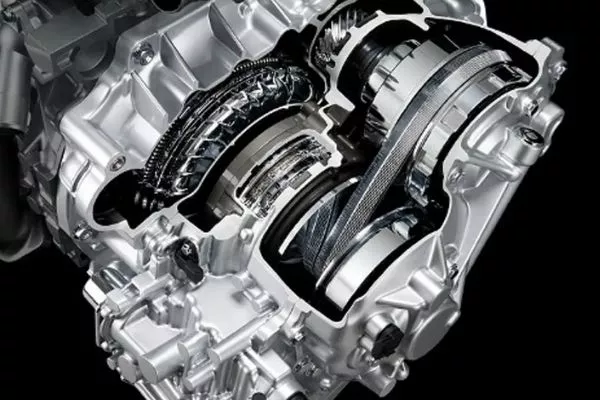
Ah, CVTs. The type of transmission car guys love to hate
3. Car not accelerating on high RPMs: Other reasons
Mass Air Flow sensor failure
Attached to the inlet air cleaner, the airflow sensor’s function, as its name implies, is to measure the amount of air flowing into the air intake. As such, there’s a good chance that a clogged or failing mass airflow sensor might be sending the wrong data to the engine’s ECU. And if you’ve read our guides on internal combustion engines before, your engine needs air to burn fuel.
TPS Malfunction
A throttle position sensor or TPS detects how much angle the throttle valve is opened. In simple terms, it detects how much you’ve pressed your car’s accelerator. When these malfunctions, the ECU cannot read the throttle position so you’ll lose power.
>>> Worth to note: 8 common signs of a bad throttle position sensor & how to fix it!
Fuel Filter Clogging
Another reason for your car not accelerating on high RPMs, regardless of high RPMs or not, is a dirty or even clogged fuel filter.
Fuel filters are installed in a car’s fuel system to filter out the dirt and the gunk in fuel. If it gets filled up with sediment, dirt, and other types of gunk, then your car’s engine may get fuel-starved thus adversely affecting your car’s acceleration.
Do note that fuel here in the Philippines greatly varies in quality. Some are dirtier than others but most especially diesel.
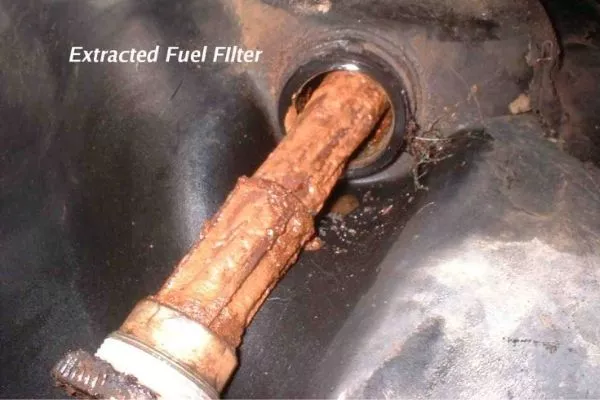
Don't let it come to this. Ew.
Timing Belt Failure
The timing belt is one of the most important parts of a car’s engine. And it’s sensitive too. If the “teeth” of the belt is off even in the slightest, you’ll quickly notice that there’s something wrong with your car’s performance, especially with acceleration.
Bad bearings, planetary gears damage, or other internal problems
If you can hear a buzzing, humming, generally loud and annoying noise, then it might either be a bad bearing or a bad seal. If it’s the latter, then do check for leaks. If it’s the former, then the tranny needs to be dropped and opened to replace the said part.
>>> Read more: How does a timing belt in your car engine work?
4. Car not accelerating on high RPMs: Doing this yourself might be difficult
While we encourage you in most of our articles to learn and then perform repairs yourself, do note that in most cars, accessing the transmission can be a bit tricky. The very trick in fact.
They’re cumbersome, they’re typically located underneath the car, and some internals might be too complicated. In short, it’s not like cleaning your spark plugs, replacing your battery, etc.
As such, we recommend taking your car to a guy who really knows his transmissions. Maybe even to the case where we’re sure that they’ll have the means to order the right parts that your car needs.
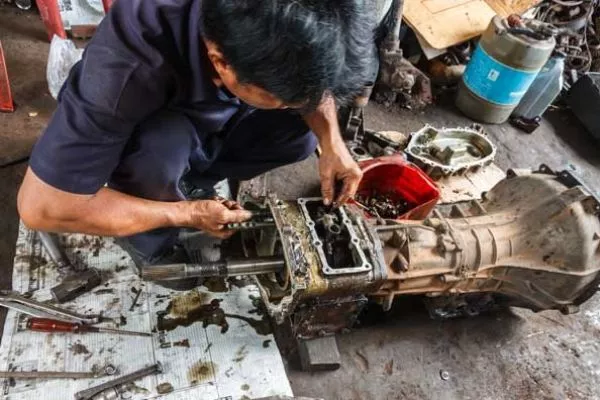
Just look at that thing! It's cumbersome and looks complicated too
If you want to learn more about your car, keep reading here on Philkotse.com.
Recent posts
- Car maintenance: 5 signs of automatic transmission problems Aug 17, 2022
- Car jerks when accelerating – Common causes and solutions Aug 16, 2022
- 7 common reasons why your car is losing power during acceleration Aug 16, 2022
- Fast drives tip: Car features and modifications for acceleration Jul 26, 2019
- 7 Steps to Handle a Stuck Accelerator Pedal Aug 16, 2022


